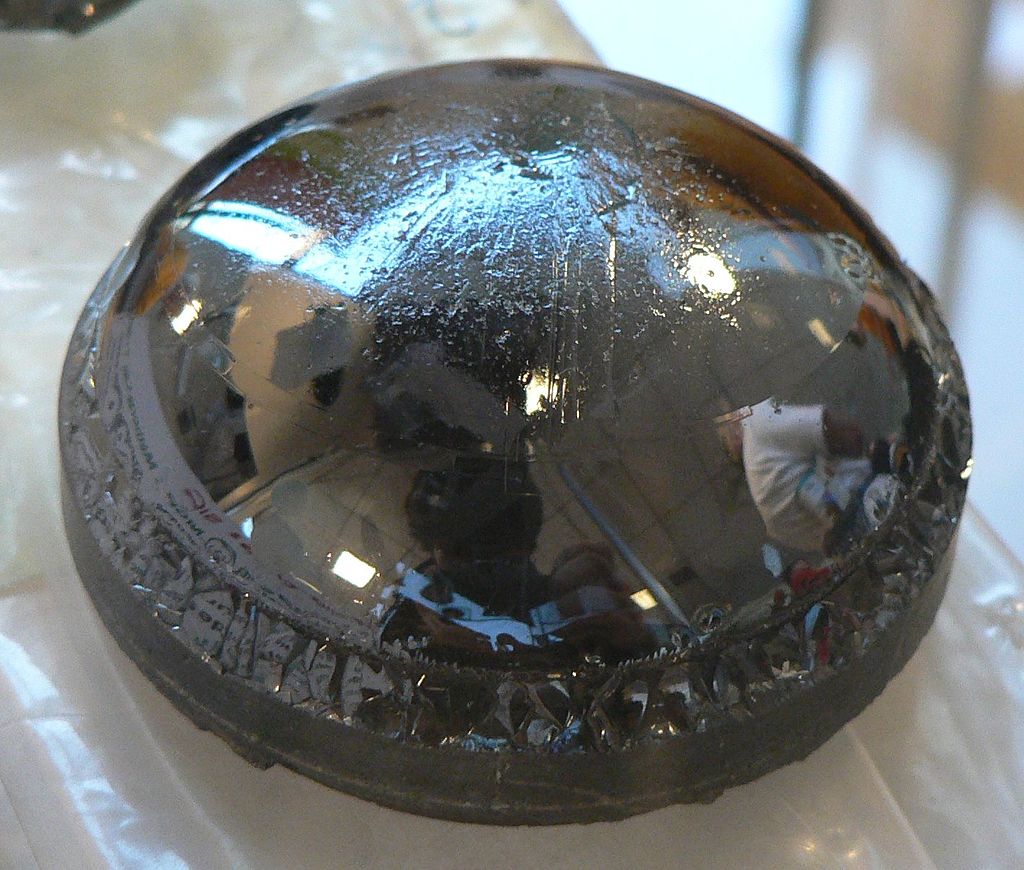GT Advanced Technologies (GTAT) and GlobalWafers (GWC), a Taiwanese wafer solutions provider, have sealed a long-term supply agreement for silicon carbide.
“GWC will now add 150mm silicon carbide to its offering, manufactured from bulk SiC crystal produced by GTAT,” the U.S.-based company said.
The two companies aim to ramp up supplies of the high-demand substrate material for the electric vehicle (EV) industry and the PV sector, which uses silicon carbide in next-generation inverters.
“The power electronics industry needs supply agreements such as the one we’ve entered into with GWC, and we’re very pleased to make it a reality,” said GTAT CEO Greg Knight. “GWC, utilizing this incoming supply of silicon carbide material from GTAT, can now apply years of wafer process development and immediately become a top-tier SiC wafer supplier to complement its other substrate offerings.”
GTAT opened a silicon carbide factory in Hudson, New Hampshire, in June 2018. The company is rapidly bringing its proprietary crystal-growth systems to scale, as demand for silicon carbide is expected to grow in the coming years. GT’s strategy so far is to sell the ingots whole to customers who can slice them using diamond wire.
One of the main challenges for silicon carbide technologies when they are applied to power electronics is the limited supply of the material at a global level.
Silicon carbide-based inverters could be particularly interesting for the PV industry, as they offer higher power density, have less need for cooling, and result in lower overall system costs than traditional inverters. However, defects at the interface between the silicon carbide and the insulating silicon dioxide material are still a big barrier to bringing the technology to mass production. To date, inverter makers have manufactured silicon carbide products only as prototypes or in pilot projects.
This content is protected by copyright and may not be reused. If you want to cooperate with us and would like to reuse some of our content, please contact: editors@pv-magazine.com.




At GTAT, we’ve just signed our second such ‘LTA,’ this time with ON Semiconductor. ON Semi is a global leader in making power electronics chips out of silicon carbide rather than more familiar silicon. But silicon carbide is a crystal that isn’t as readily made, and is a challenge to grow. This means that the demand for SiC far exceeds supply as the EV industry (to name one) accelerates. GWC and ON are able to take advantage of GTAT’s high-volume SiC production and take that material to produce wafers. This allows every company in the supply chain to focus on what they do best, and the result is a rapidly blossoming supply of SiC at affordable price points.